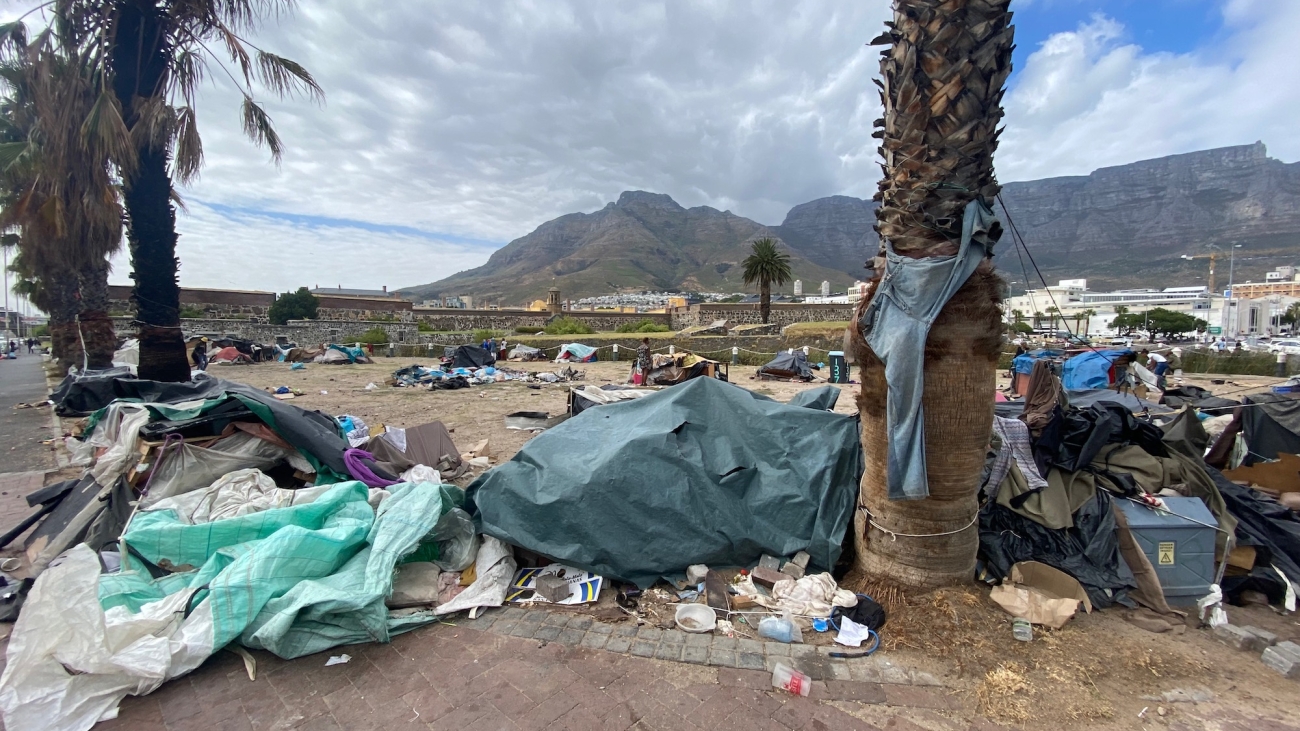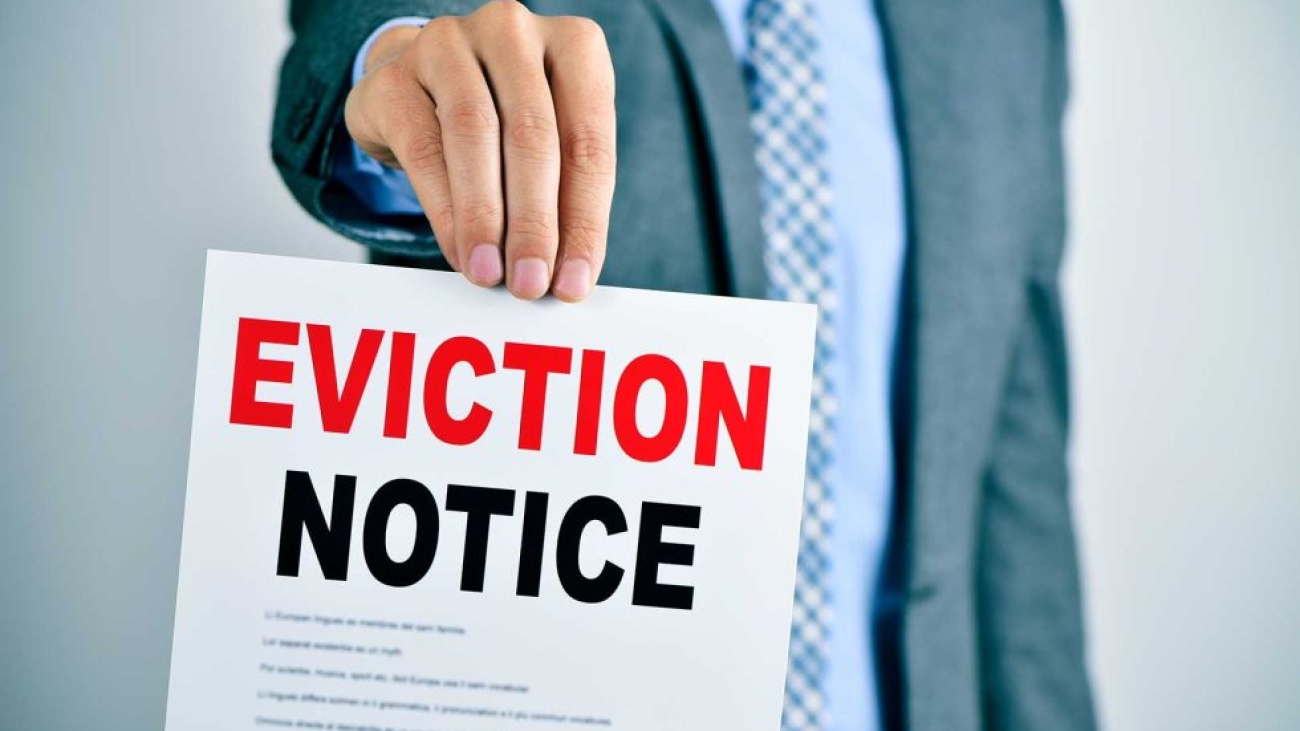Are We Truly Balancing Property Rights and Human Dignity, or Are Evictions Legitimizing Dispossession?
The City of Cape Town v Various Occupiers and Another (21101/2022) [2024] ZAWCHC 173 judgment brings to light the often-overlooked tension between municipal development plans and the basic human right to housing. This case adds to the growing jurisprudence on eviction law in South Africa, prompting an examination of whether current eviction frameworks genuinely strike a balance between human dignity, public interest, and the protection of private property.
The Case and its Context
The City of Cape Town sought the eviction of various occupiers from municipal land, claiming that the occupation prevented critical urban development that would ultimately serve the public. The occupiers, however, were informal settlers who argued that an eviction would leave them homeless, thus violating their constitutional right to access adequate housing under Section 26 of the Constitution of South Africa, 1996.
In its ruling, the Western Cape High Court granted the eviction order but only on the condition that the City of Cape Town provide alternative accommodation for the occupiers. This aligns with Section 4(7) of the Prevention of Illegal Eviction from and Unlawful Occupation of Land Act 19 of 1998 (PIE Act), which mandates that a court must consider the availability of suitable alternative accommodation before granting an eviction order.
Eviction and Constitutional Rights
Section 26 of the Constitution serves as the bedrock of South Africa’s housing rights. It states that “everyone has the right to have access to adequate housing” and further obliges the state to take “reasonable legislative and other measures” to realize this right. However, this right is not absolute, and evictions can still occur under justifiable circumstances. The PIE Act, enacted to give effect to this constitutional right, requires a careful judicial balancing act—one that considers the occupiers’ personal circumstances and the state’s interests in land use and urban development.
The High Court’s decision was an attempt to reconcile these competing interests. While the court acknowledged the plight of the occupiers, it ultimately ruled that the City’s long-term development plans outweighed the individual right to remain on the land. In doing so, the court required the City to provide alternative accommodation, as seen in landmark cases such as Grootboom v Government of the Republic of South Africa [2000] ZACC 19 and Port Elizabeth Municipality v Various Occupiers [2004] ZACC 7.
These cases have established that the courts must not only consider the legality of occupation but also the broader context of fairness, equity, and human dignity when deciding eviction cases. In Port Elizabeth Municipality, Justice Sachs emphasized that courts should act as an arbiter of fairness, weighing the conflicting interests of landowners and unlawful occupiers.
A Controversial Balance
The decision in City of Cape Town v Various Occupiers has sparked debates on whether eviction laws like the PIE Act offer enough protection for vulnerable communities. Critics argue that rulings like these, which emphasize the need for development, risk entrenching systemic inequality and fail to fully consider the long-term effects of eviction on already marginalized groups.
One notable concern is whether “alternative accommodation” truly mitigates the harm caused by displacement. In many cases, the accommodation provided is often temporary and substandard, failing to offer the stability needed for individuals to rebuild their lives. This echoes issues raised in Occupiers of 51 Olivia Road v City of Johannesburg [2008] ZACC 1, where the Constitutional Court found that evictions must be carried out in a manner that promotes dignity and does not result in a repeat cycle of displacement.
The challenge is that, despite the Constitution and the PIE Act’s clear provisions, municipalities often pursue evictions under the banner of “public interest” development. These evictions are justified as necessary for the greater good but can leave vulnerable groups worse off in the long term.
Development vs. Human Dignity: Where Do We Draw the Line?
The broader question that City of Cape Town v Various Occupiers raises is: Where does the balance lie between individual rights and the state’s obligation to develop land for the benefit of the public? While the judgment is rooted in constitutional principles and case law, it highlights a recurring issue in South African jurisprudence—whether the promises of development truly benefit those being displaced.
In Government of the Republic of South Africa v Grootboom, the court held that housing policy must be reasonable, with measures taken to alleviate homelessness in a meaningful and effective way. In practice, however, the promises of “suitable alternative accommodation” often ring hollow.
The City of Cape Town case shows that evictions, even when conducted within the framework of the law, can still perpetuate cycles of poverty and marginalization. Critics of the judgment argue that while the court’s intentions may have been to balance rights fairly, the real-world impact of such evictions can undermine the very rights the Constitution seeks to protect.
Conclusion: A Crossroads for Eviction Law
The City of Cape Town v Various Occupiers case underscores the complex and often controversial nature of eviction law in South Africa. It asks critical questions about how the state can develop land responsibly while safeguarding the rights of its most vulnerable citizens. The legal framework provided by the PIE Act, the Constitution, and relevant case law offers a blueprint for resolving these issues, but the actual implementation remains fraught with challenges.
As legal practitioners, urban developers, and policymakers grapple with the realities of housing in South Africa, the case serves as a reminder that every eviction is not just a legal issue but a question of human dignity. Whether we are truly achieving this balance, or simply perpetuating displacement in the name of progress, remains a topic of fierce debate.
The ruling will undoubtedly influence future eviction cases, but it leaves an open-ended question: Is our legal system adequately addressing the housing crisis, or is it merely providing legal cover for displacement? Only time—and future judgments—will tell.


